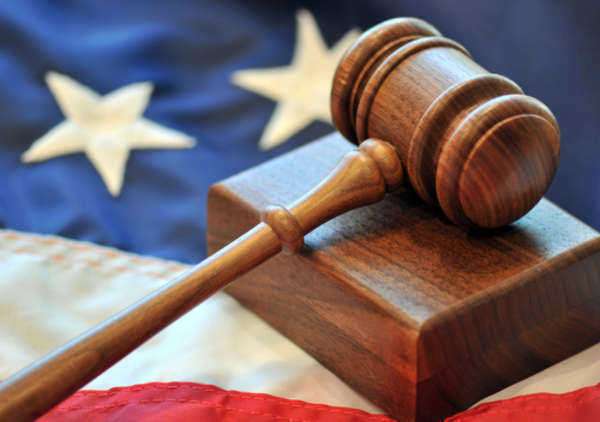Speedy trial
The Pursuit of Justice: The Role of Speedy Trial in the American Legal System
The concept of a speedy trial is a cornerstone of the American justice system, ensuring that defendants are not subjected to undue delay and that justice is served in a timely manner. The Sixth Amendment to the United States Constitution guarantees the right to a speedy trial, mandating that criminal defendants be tried without unnecessary delay. In this article, we will delve into the importance of speedy trials, the consequences of delay, and the measures in place to ensure that justice is served efficiently.
Why Speedy Trials Matter
A speedy trial is essential for several reasons. Firstly, it ensures that defendants are not held in limbo, waiting for what can be an extended period for their cases to be heard. This can cause significant emotional distress, financial hardship, and even psychological harm. Secondly, prolonged pre-trial delays can lead to witness memory loss, making it more challenging for prosecutors to build strong cases. Thirdly, delayed trials can result in the loss of evidence, as physical evidence may deteriorate or become unavailable over time. Finally, speedy trials promote public trust in the judicial system, as they demonstrate that justice is being served promptly and fairly.
The Consequences of Delay
When trials are delayed, the consequences can be far-reaching. For defendants, delays can lead to:
1. Emotional Distress: Prolonged uncertainty and anxiety can cause significant emotional distress, affecting their mental health and well-being.
2. Financial Burden: The longer a case takes to resolve, the more financial resources are consumed by legal fees, expenses, and lost income.
3. Loss of Evidence Delayed trials can result in the loss of critical evidence, making it more challenging to prove or disprove allegations.
For society as a whole, delayed trials can have negative consequences:
1. Public Trust : Prolonged delays erode public trust in the judicial system, leading to decreased confidence in the ability of authorities to uphold justice.
2. Clogged Courts: Overcrowded dockets can lead to increased wait times for other cases, further exacerbating the problem.
3. Budgetary Implications Delays can result in increased costs for courts, law enforcement agencies, and other stakeholders.
Measures to Ensure Speedy Trials
To ensure speedy trials, various measures are in place:
1. **Pre-Trial Conference Scheduling**: Judges and attorneys schedule pre-trial conferences to discuss case progress and identify potential issues.
2. **Court Docket Management**: Courts prioritize cases based on urgency and seriousness of charges.
3. **Prosecutorial Discretion**: Prosecutors have the authority to dismiss charges if delays are deemed unnecessary or unjustified.
4. **Bail Reform**: Efforts to reform bail systems aim to reduce pre-trial detention and expedite release for those awaiting trial.
5. **Alternative Dispute Resolution**: Mediation and arbitration offer alternative dispute resolution methods to resolve cases more quickly.
Challenges and Controversies
Despite these measures, challenges and controversies persist:
1. **Case Complexity**: Complex cases often require extensive investigations and pre-trial preparation, leading to delays.
2. **Overloaded Courts**: Judges' caseloads continue to increase, straining resources and leading to backlogs.
3. **Funding Cuts**: Budget constraints can impact court operations, limiting resources for speedy trial initiatives.
Conclusion
A speedy trial is essential for ensuring that justice is served efficiently and effectively. The consequences of delay can be far-reaching, affecting defendants' emotional well-being, financial stability, and public trust in the judicial system. By understanding the importance of speedy trials and addressing challenges through effective measures, we can work towards a more just and expeditious system that upholds the principles of due process and promotes public trust.
In conclusion, a speedy trial is a fundamental right guaranteed by the Constitution, requiring vigilance from judges, prosecutors, defense attorneys, and society as a whole. By recognizing the significance of this right and working together to address challenges and controversies, we can ensure that justice is served promptly and fairly for all parties involved.
Sources:
Speedy Trial( Cornell Law School)
The Importance of Speedy Trials (National Institute of Justice)
Challenges Facing Speedy Trials (National Center for State Courts)
